HOW WE WORK
Sourcing:
We Texknot provides clothing buyers with a range of services to help them source and purchase clothing items. We act as a liaison between the buyer and the supplier, handling all communication and ensuring that any issues or concerns are addressed promptly. We can help clothing buyers identify potential suppliers, negotiate prices, and manage logistics such as arranging shipping and tracking orders. Additionally, we can provide valuable market intelligence, including information on the latest trends and best-selling products, to help clothing buyers make informed purchasing decisions. Ultimately, we can provide clothing buyers with a range of services to navigate the complex process of sourcing and purchasing clothing items, while ensuring that their needs and specifications are met.


Product Design Development:
Clothing design and development services offer a range of services to help clothing buyers bring their clothing ideas to life. These services can include conceptualizing and designing clothing items, selecting the appropriate fabric, creating patterns and prototypes, developing samples for review and approval, overseeing the production process, and helping with branding and labeling. By providing these services, clothing design and development companies can help clothing buyers create unique and high-quality clothing items that meet their specific needs and preferences, while also ensuring that the clothing items are produced efficiently and cost-effectively.
Merchandising
Clothing merchandising is a critical component of the fashion industry that involves managing the commercial aspects of selling clothing items. Our merchandisers are responsible for selecting, buying, and presenting clothing items in a way that appeals to customers and generates revenue. They work closely with designers, manufacturers, and retailers to ensure that clothing items are produced efficiently and marketed effectively. Our expert merchandisers analyze consumer trends and preferences to determine which clothing items are likely to sell well, and they use this information to make strategic purchasing decisions. They also manage inventory levels, ensuring that the right amount of stock is available at the right time to meet customer demand. Overall, they are dynamic and fast-paced field that requires a combination of analytical skills, creative vision, and business acumen.

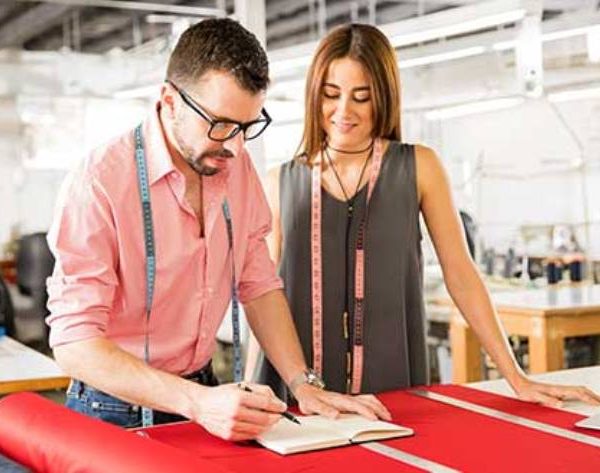
Technical Team:
Our technical team in a garment manufacturing company plays a crucial role in ensuring that the clothing items are produced efficiently and meet the desired quality standards. The team is responsible for creating technical specifications for each garment, including details on the construction, materials, and finishes. They also work closely with designers to ensure that the designs can be feasibly produced and provide feedback on any potential issues. Our technical team manages the sampling process to ensure that prototypes meet the desired specifications, and they oversee the production process to ensure that all garments are produced consistently and to the highest quality standards. They may also be responsible for conducting quality control inspections, identifying any defects or issues and providing recommendations for improvement. Overall, our technical team in a garment manufacturing company plays a critical role in ensuring that the clothing items are produced efficiently, accurately, and to the highest quality standards.
Quality assurance :
Garments quality assurance is a critical aspect of the clothing industry, and clothing agents play an important role in ensuring that clothing items meet the desired quality standards. Clothing agents are responsible for overseeing the entire production process, from sourcing materials to manufacturing the final product. They work closely with manufacturers to ensure that the clothing items are produced efficiently and to the desired quality standards. This involves conducting regular quality control inspections, identifying any defects or issues, and providing feedback and recommendations for improvement. Clothing agents may also be responsible for developing and implementing quality control procedures and ensuring that these procedures are followed throughout the production process. Ultimately, the goal of garments quality assurance for clothing agents is to ensure that the clothing items are produced consistently and to the highest quality standards, meeting the needs and expectations of the clothing buyers and end-users.
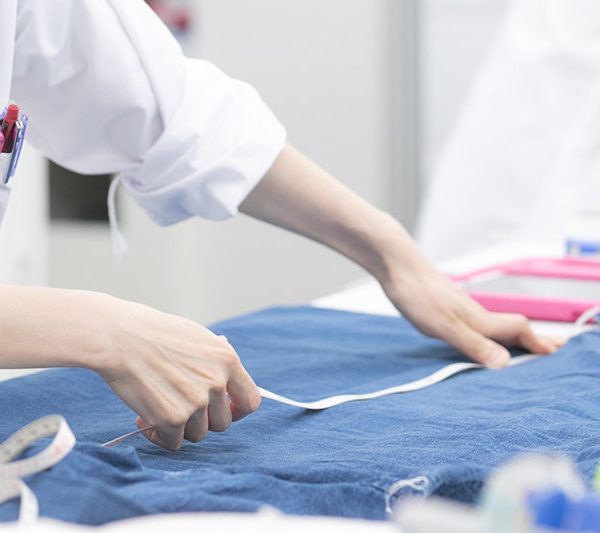
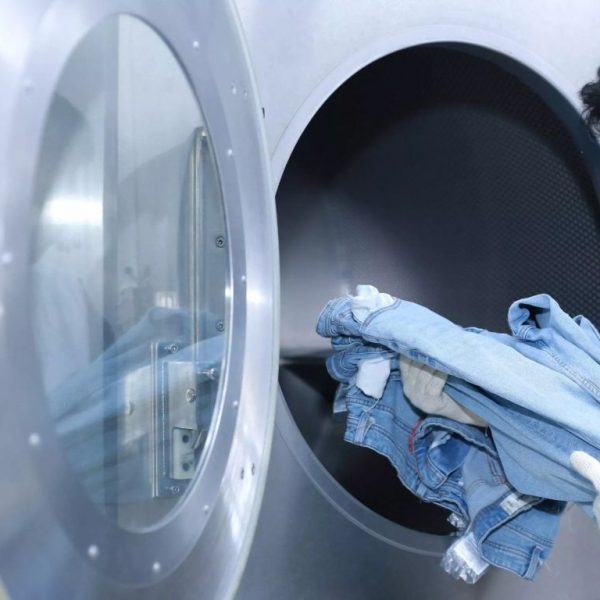
Washing :
Garment washing is an essential process in the clothing industry that gives clothing items a unique and desirable appearance. The responsibility of garment washing typically falls on a dedicated team of professionals who are responsible for washing and finishing clothing items according to the desired specifications. This involves selecting the appropriate washing methods, such as stone washing or enzyme washing, and ensuring that the correct chemicals and equipment are used. The team also needs to monitor the washing process closely, ensuring that the clothing items are washed for the correct amount of time and that the desired results are achieved. In addition to washing, the team may also be responsible for finishing processes such as pressing, steaming, and folding the clothing items. Overall, the garment wash team plays a critical role in ensuring that clothing items are finished to the desired quality standards, providing clothing buyers with unique and desirable clothing items that stand out in the market.
Testing:
Textile testing is a critical process in the textile industry that ensures that the fabric and textile products meet the desired quality standards. Testing involves evaluating various properties of the textile, such as strength, durability, colorfastness, and shrinkage, using a range of specialized equipment and methods. The testing process can be conducted at different stages of textile production, including the raw material stage, during production, and after the final product is completed. The results of textile testing can help manufacturers and clothing buyers make informed decisions about the quality and suitability of the textile products. Additionally, textile testing can help to identify any potential defects or issues, allowing manufacturers to address these problems and ensure that the final product meets the desired quality standards. Ultimately, textile testing is an essential process that helps to ensure that textile products are safe, reliable, and of high quality.
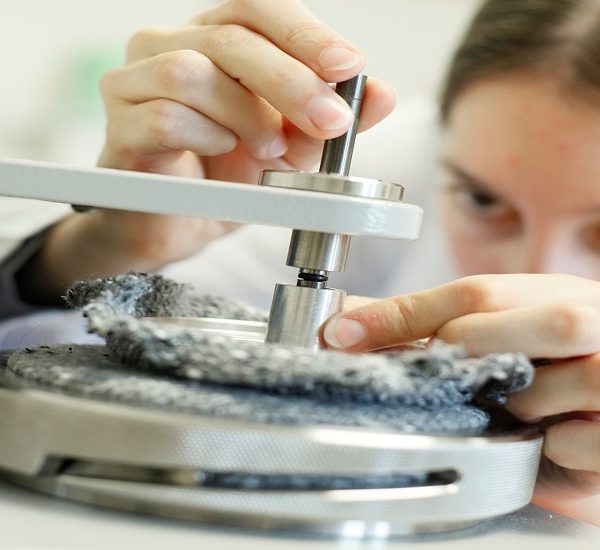
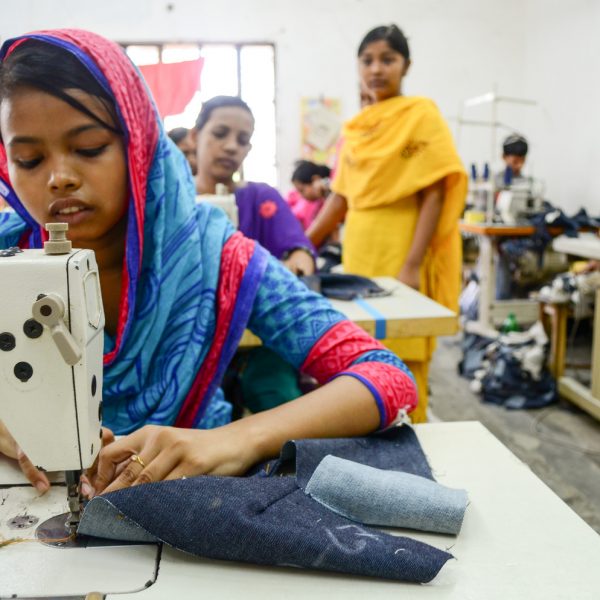
Social compliance:
Social compliance is an essential aspect of the clothing industry that ensures that clothing items are produced in a socially responsible and ethical manner. We ensuring that labor standards, human rights, and environmental regulations are adhered to throughout the production process. Social compliance involves several aspects, such as fair labor practices, ensuring a safe working environment for workers, and preventing child labor and human trafficking. It also involves responsible sourcing of materials and ensuring that production methods do not harm the environment. Companies in the clothing industry are increasingly focusing on social compliance as a means of ensuring that their operations are sustainable and socially responsible. By adhering to social compliance standards, clothing companies can build trust with their customers, strengthen their brand reputation, and ensure that their clothing items are produced in an ethical and responsible manner.
Packaging and Shipment:
After the quality control check, the products are packaged and prepared for shipment. This involves coordinating with logistics companies, customs clearance, and providing all necessary documentation. We’ll need to ensure that the products are packaged properly and labeled correctly to avoid any shipping issues.


Delivery and After-sales Support:
Once the products are shipped, we’ll need to provide ongoing support to ensure customer satisfaction. This involves handling any issues or concerns that arise, addressing any defects, and providing ongoing support as needed.